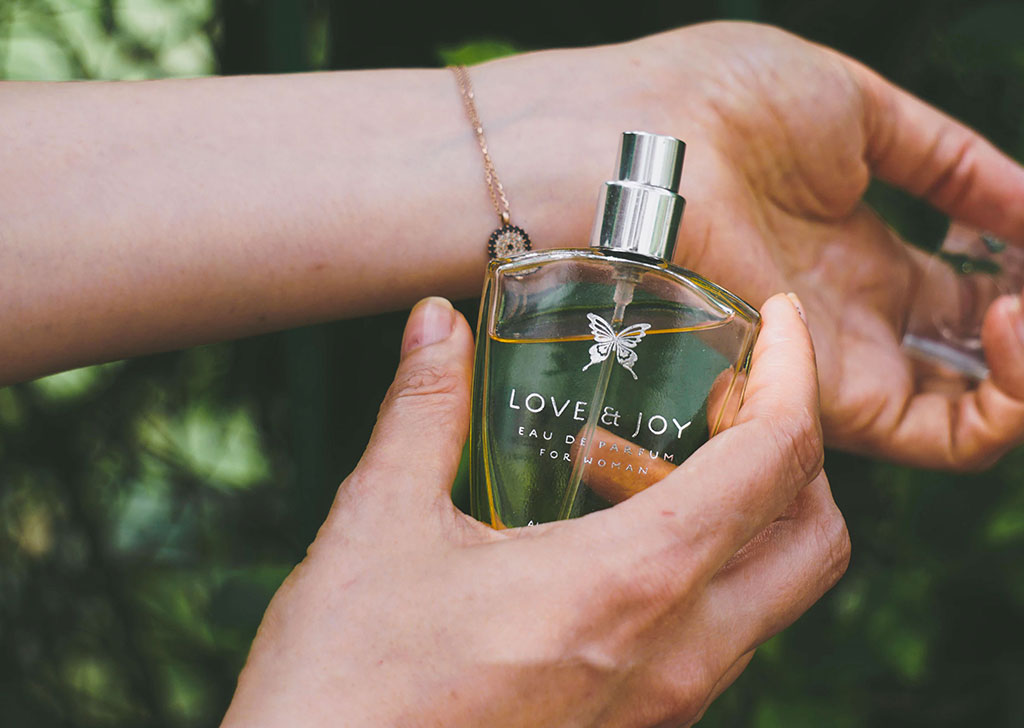Introduction
Starting a perfume business in South Africa presents you with a lucrative opportunity in a vibrant and diverse market. A perfume business involves creating, marketing, and selling fragrances tailored to the tastes of consumers.
South Africa, with its rich cultural heritage and growing middle class, offers you a fertile ground for such ventures. You must navigate the regulatory landscape, understand consumer preferences, and identify reliable suppliers.
By focusing on quality, branding, and strategic marketing, you can carve out a niche in this competitive industry. As you embark on this entrepreneurial journey, you will find that South Africa’s dynamic economy and diverse population provide a unique backdrop for your success.
With a well-planned approach, you will be able to establish a thriving perfume business that caters to the sophisticated tastes of South African consumers.
1. Research Market Trends
Understanding the perfume market trends in South Africa is crucial for your business success. You need to study consumer preferences, identify popular scents, and recognize gaps in the market. Conduct surveys and engage with potential customers to understand their fragrance preferences.
Analyze local competitors and their offerings to identify what makes them successful. You should review market reports and industry publications for insights into emerging trends. Look into South Africa’s cultural influences on fragrance choices, as local preferences might differ from global trends.
By visiting perfume stores and speaking with retailers, you can gain valuable firsthand insights. Make sure you leverage online platforms and social media to track consumer discussions and preferences. This comprehensive research helps you tailor your products to meet the unique demands of the South African market, giving your perfume business a competitive edge.
2. Develop Unique Scents
You need to create unique scents as it is vital for your perfume business in South Africa. Consider local flora and cultural influences to develop fragrances that resonate with South African consumers. Utilize indigenous ingredients such as rooibos, fynbos, baobab, buchu, marula, and aloe to create distinct and appealing scents.
You must invest in high-quality essential oils and natural extracts, ensuring your scents are both appealing and safe. Experiment with blending these ingredients to develop a signature scent that reflects South Africa’s diverse culture.
You can test your creations with focus groups to gather feedback and refine your products. Collaborate with local artisans to ensure your scents have an authentic touch. By offering a unique olfactory experience, you position your perfume business as a distinctive player in the South African market
You can also attend local fragrance exhibitions and workshops to gain insights into the latest trends and techniques. Ensure you comply with safety and quality standards in South Africa by having your scents tested and approved. This thorough approach helps your perfume business to stand out in the competitive market.
3. Source Quality Ingredients
Securing high-quality ingredients is essential for your perfume business in South Africa. You must identify reliable suppliers who provide consistent and premium raw materials. Research local suppliers who specialize in indigenous ingredients like rooibos, buchu, and marula oil, which can give your fragrances a unique South African touch.
Establish strong relationships with these suppliers to ensure a steady supply chain. Make sure you verify the quality and authenticity of the ingredients through certifications and quality tests. By visiting local farms and production facilities, you can gain a deeper understanding of the sourcing process.
Importing some ingredients may be necessary; ensure compliance with South African import regulations and standards. You should also negotiate favorable terms with suppliers to keep costs manageable.
Using high-quality ingredients not only enhances your product’s appeal but also builds trust with your customers. This meticulous sourcing process is crucial for your perfume business’s reputation and success.
4. Create a Business Plan
The next step is to develop a comprehensive business plan because it is critical for your perfume business in South Africa. Your plan must outline your vision, target market, and unique selling proposition. Start by conducting a SWOT analysis to identify your strengths, weaknesses, opportunities, and threats in the South African market.
Detail your marketing strategy, including how you will position your brand and reach your audience through local media and social platforms. Financial planning is essential; include projected costs, pricing strategies, and revenue forecasts.
Ensure you account for local taxes, import duties, and other regulatory expenses specific to South Africa. You should also outline your operational plan, covering production processes, supply chain management, and distribution channels.
A robust business plan helps you secure funding from investors or banks. By having a clear, strategic roadmap, you position your perfume business for long-term success in the dynamic South African market.
5. Register Your Business
It’s important you register your perfume business in South Africa so you can operate legally and build credibility. You need to choose a suitable business structure, such as a sole proprietorship, partnership, or private company (Pty Ltd).
Visit the Companies and Intellectual Property Commission (CIPC) website to register your business name and complete the necessary documentation. Ensure you obtain a tax number from the South African Revenue Service (SARS) to comply with tax regulations.
Depending on your business model, you may also need to register for Value-Added Tax (VAT). By opening a business bank account, you can separate personal and business finances, making financial management easier.
Registering with the relevant industry bodies and trade associations can enhance your business’s legitimacy. This formal registration process helps protect your brand and establishes your perfume business as a recognized entity in the South African market.
6. Obtain Necessary Licenses
Ensure you secure the necessary licenses for your perfume business in South Africa as it is vital for compliance with local regulations. You must first acquire a trading license from your local municipality, which permits you to operate your business legally.
You need to adhere to the South African Bureau of Standards (SABS) regulations for product safety and quality. Depending on your business’s scale, you may require a manufacturing permit if you produce your own perfumes.
Additionally, check if you need an import/export license if you plan to source or sell fragrances outside South Africa. Ensure compliance with the Department of Health’s regulations regarding cosmetic products, as perfumes fall under this category.
By obtaining these licenses, you establish your business’s credibility and avoid legal complications. This thorough approach helps position your perfume business for smooth operations and long-term success.
7. Design Attractive Packaging
Designing attractive packaging is crucial for your perfume business in South Africa, as it influences customer perception and brand identity. You need to ensure your packaging complies with local regulations, including labeling requirements by the South African Bureau of Standards.
Choose materials that reflect the quality and luxury of your perfume, such as glass bottles with unique shapes or eco-friendly options. Collaborate with local designers who understand South African aesthetics and cultural nuances to create appealing and culturally relevant designs.
Incorporate elements that resonate with South African consumers, such as traditional motifs or colors. By focusing on functional design, you enhance usability and ensure that the packaging protects the perfume during transport.
Test your packaging with focus groups to gather feedback and make necessary adjustments. This thoughtful approach helps your perfume business stand out and attract discerning customers in South Africa.
8. Market Your Products
Be aware that marketing your perfume business effectively in South Africa requires strategic planning and local insight. You should leverage South Africa’s diverse media landscape, including digital platforms, radio, and local magazines, to reach your target audience.
Utilize social media platforms popular in South Africa, like Facebook and Instagram, to engage with potential customers and showcase your unique products. Collaborate with South African influencers and bloggers to gain credibility and increase brand visibility.
Participate in local trade shows and fashion events to introduce your perfume to a wider audience. Implement targeted advertising campaigns to reach specific demographics and regions. Additionally, consider setting up partnerships with local retailers and boutiques to expand your market presence.
Ensure your marketing messages align with South African cultural values and preferences to resonate with consumers. This tailored approach helps establish your perfume business in the competitive South African market.
Recap
To start a perfume business in South Africa, you need to research market trends, develop unique scents, source quality ingredients, create a business plan, register your business, obtain necessary licenses, design attractive packaging, and effectively market your products. Each step requires careful attention to local regulations and consumer preferences to ensure success.


















